Miscellaneous - Interview
by Benjamin Howarth
published: 20 / 8 / 2005
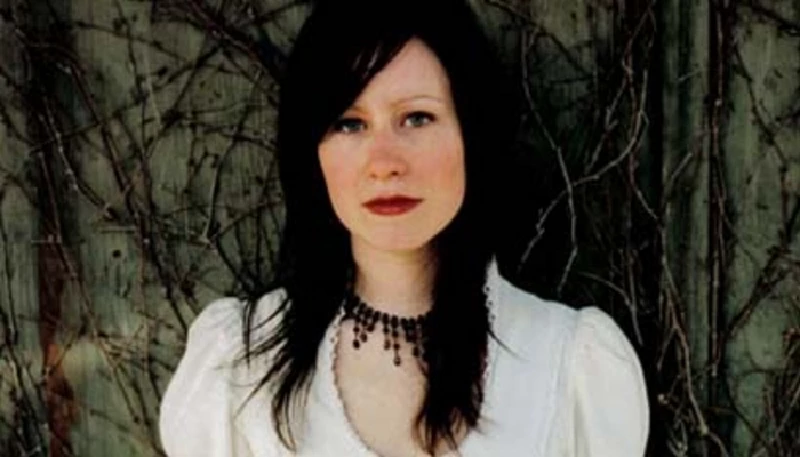
intro
Orenda Fink was one half of much acclaimed duo and Saddle Creek signings Azure Ray, but has now gone solo for her latest album, 'Invisible Ones'. She talks to Ben Howarth about her new record and its strong Haitian influences
Saddle Creek recordings must be on a high at the moment. Bright Eyes released two albums earlier this year, and (one of them at least) has received almost universal acclaim, and deservedly so. Interest in Bright Eyes started years ago, when the then teenage Conor Oberst released 'Fevers and Mirrors'. When he returned to Britain with his short lived but unmissable punk band, the Desaparecidos, attention diverted to the Omaha scene, nurtured by the label, Saddle Creek. The appeal wasn’t just that all the bands seemed to have their hearts in the right place. It was also that they were all so good, and all so varied. To outsiders, Omaha seemed like a supportive scene, where likeminded groups could be free to make radically different music. Eventually, Saddle Creek expanded and now has a European outlet as well. Azure Ray were one of many Saddle Creek groups that deservedly had the limelight cast upon them. Their most recent, and probably last album, 'Hold On Love' was a shimmering, intense album marked with beautiful melodies. After touring in 2004, however, the duo decided to go their separate ways. Both Maria Taylor and Orenda Fink have released solo albums this year. Maria Taylor’s '11 : 11' was first (she also contributed backing vocals to Bright Eyes) and it won, it seems, even more acclaim than any of Azure Ray’s albums. Orenda Fink released her album, 'Invisible Ones', at the end of August. “Maria and I are both saying, Never say never”, Orenda tells me from her home in Omaha, which she shares with her husband, Todd Fink of the Faint. “We have no plans to do another Azure Ray album at the moment, but we’re not saying it won’t happen somewhere down the line”. She is very excited about the new album, and is clearly relishing the opportunity to try out ideas that, she felt, wouldn’t have worked in the context of Azure Ray. “Basically, I had the freedom to do anything I wanted.” In Azure Ray, the subject matter for Orenda’s songs tended to involve love and lost love. Orenda, now happily married, however, has a different passion., travelling. “My first trip was to India and Cambodia, and I realised that I wanted to keep doing it”. But it was her two week visit to Haiti that provided the biggest inspiration. That much is clear as soon as you pick up her new album. Orenda’s face stares out at you, covered in tribal markings. The inlay continues to focus on traditional Haitian material. “The travelling influenced a lot of the record because it influenced my life a lot”, she says, “and you write about what you know. Specifically, some of the melodies were melodies I heard out in Haiti, and I used rhythms that you would find in Haitian music. Thematically, some of it is about travel though some of it wasn’t. I didn’t write any of the album when I was travelling for pleasure, but I did write some of it on tour.” Considering the artwork, listeners may be surprised that the music is generally melodic and guitar based pop-rock. Though not without flair, and always elevated by Orenda’s haunting voice, many of the tracks are essentially conventional. The Haitian flourishes, embellished with a Haitian female singer on backing vocals, light up the album, rather than dominate it. “My original vision was that it would be more Haitian influenced than it is, I think. But I ended up with lots of songs that didn’t fit into that. I had quite a few rock songs, and it turned out being more diverse than I imagined it would have been.” I suspected that Orenda would notice the difference between being part of a group and being a solo artist. “There is more pressure, because everything is about you, and all your failures are your failures and that is a little more stressful. But, as a result, it is more rewarding as well”. Orenda had just played her first show as a solo artist, though she had a 5 piece band behind her. “It felt pretty natural once I got up there. These songs have a lot more energy to them than the Azure Ray songs did, which gives you the freedom to ‘perform’ a bit more. With Azure Ray every thing was so slow, every little movement was important and the spotlight was always on you. With these songs I feel a little more freedom.” When Azure Ray played out live, the hushed tone of their music tended to be matched by the audience. I ask if she thinks the crowd will be more energetic. “I hope so”, she answers with a laugh. “I’m not expecting too much though!” I wondered if crowd reaction bothered her. “I’m pretty good at blocking out the crowd and getting into my zone. If you take too much interest in what the crowd is doing you risk losing the magic of what you are trying to say, and then you will really lose them. There is always someone listening, and you just need to concentrate on that, and perform for them.” Orenda struggles to name any other musicians that have a direct influence over her songs, although she does say that she is an admirer of Joanna Newsome (whose album, “The Milk Eyed Mender”, very different in sound, does have similarly mystical tendencies). But she is happy to talk about the process of songwriting, “My motivations have changed over the years. They really have. When I was really young, I wrote songs for fun. Then, when I was older and I was in Azure Ray, I wrote songs as a kind of cathartic process. And now I feel like it is more of an artistic expression. Songwriting becomes harder as you get older. You become more critical. The more you write, sometimes the less you feel you have left to write about.” 'Invisible Ones' will not disappoint Azure Ray followers. Probably, many felt that Maria Taylor’s album was good enough, so with two albums, it must be like Christmas come early. Orenda is unlikely to just bask in the attention, though. “I’d like to just keep doing what I’m doing. I’d like to travel more, and I’d like to keep making records that I think are better than the one before, and then tour behind them.”
Picture Gallery:-
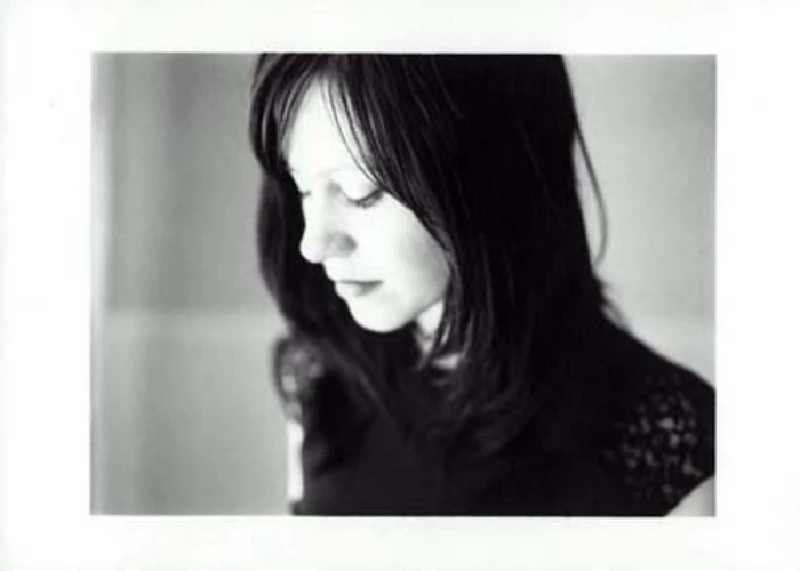
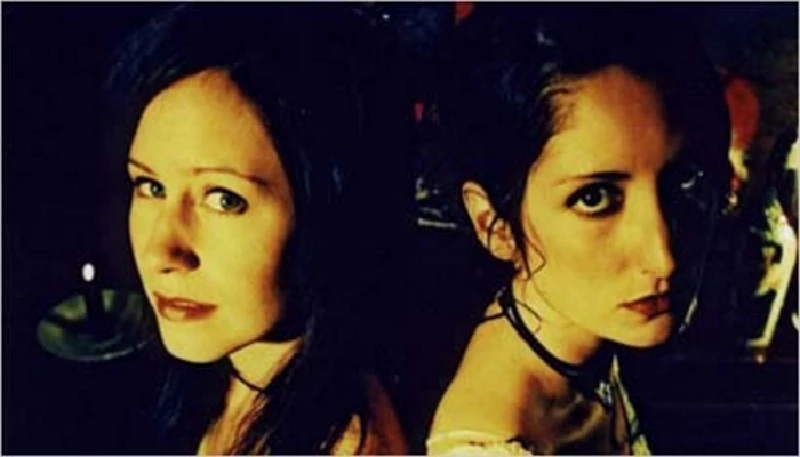
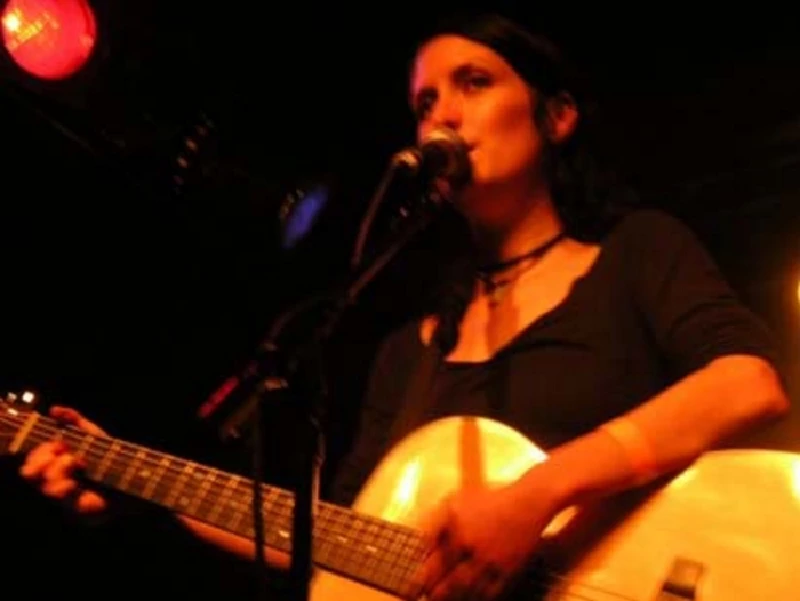
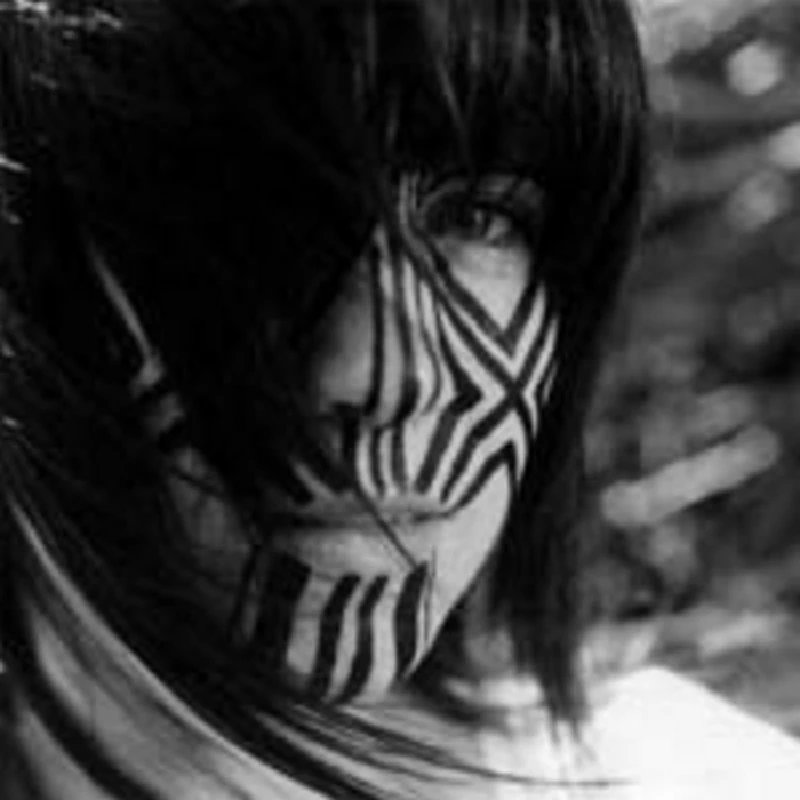
most viewed articles
current edition
Carl Ewens - David Bowie 1964 to 1982 On Track: Every Album, Every SongArmory Show - Interview with Richard Jobson
Colin Blunstone - Thalia Hall, Chicago, 16/7/2025
Visor Fest - Valencia, Spain, 26/9/2025...27/9/2025
Bathers - Photoscapes 1
John McKay - Interview
Billie Eilish - O2 Arena, London, 10/7/2025
Loft - Interview
Robert Forster - Interview
Sir Tim Rice - Interview
previous editions
Heavenly - P.U.N.K. Girl EPManic Street Preachers - (Gig of a Lifetime) Millennium Stadium, Cardiff, December 1999
Beautiful South - Ten Songs That Made Me Love...
Oasis - Oasis, Earl's Court, London, 1995
Pixies - Ten Songs That Made Me Love...
Prolapse - Interview
Boomtown Rats - Ten Songs That Made Me Love....
Trudie Myerscough-Harris - Interview
Coldplay - Wembley Arena. London, 16/8/2022
Peter Perrett - In Dreams Begin Responsibilities Interview Part One
most viewed reviews
current edition
Amy Macdonald - Is This What You've Been Waiting For?Sick Man of Europe - The Sick Man of Europe
Phew, Erika Kobayashi,, Dieter Moebius - Radium Girls
Lucy Spraggan - Other Sides of the Moon
Davey Woodward - Mumbo in the Jumbo
Alice Cooper - The Revenge of Alice Cooper
Bush - I Beat Loneliness
Suzanne Vega - Flying With Angels
Blueboy - 2
Cynthia Erivo - I Forgive You
Pennyblackmusic Regular Contributors
Adrian Janes
Amanda J. Window
Andrew Twambley
Anthony Dhanendran
Benjamin Howarth
Cila Warncke
Daniel Cressey
Darren Aston
Dastardly
Dave Goodwin
Denzil Watson
Dominic B. Simpson
Eoghan Lyng
Fiona Hutchings
Harry Sherriff
Helen Tipping
Jamie Rowland
John Clarkson
Julie Cruickshank
Kimberly Bright
Lisa Torem
Maarten Schiethart